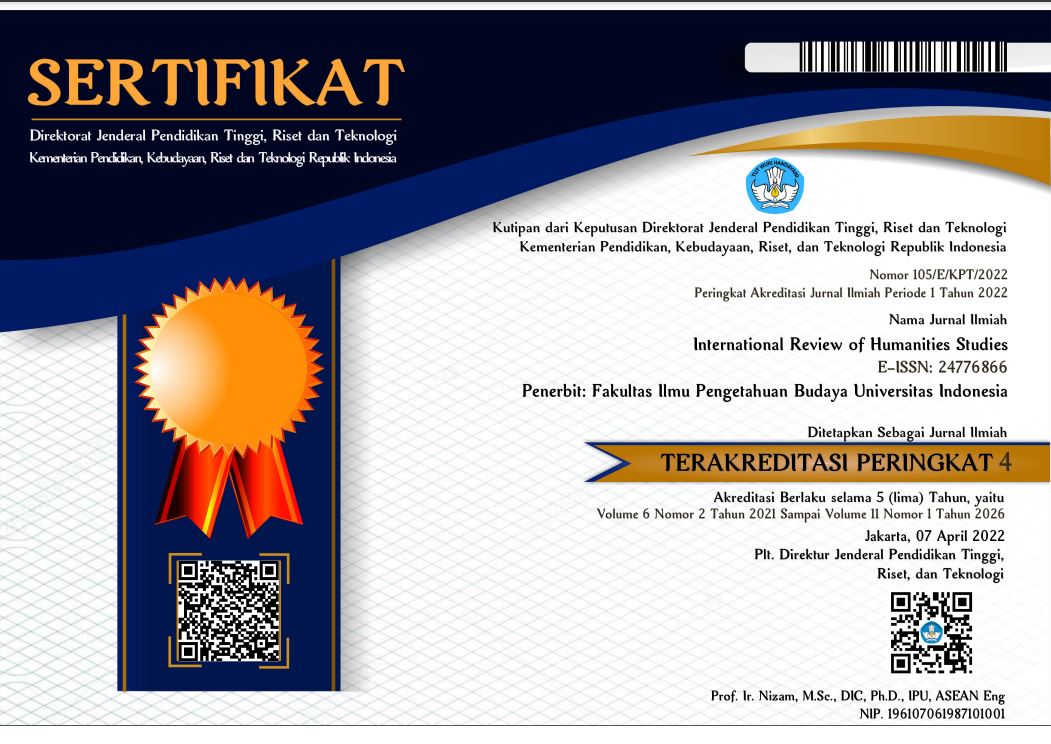International Review of Humanities Studies

Abstract
In this study, there are 2 (two) groups of conflicting citizens, namely the Papuans living in Yogyakarta which consist of students and working residents, and Yogyakartans, that is several ethnic groups other than ethnic Papuan. This study uses a qualitative approach and the paradigm of constructivism. The root of the conflicts is the Papuans’ perception of their historical past as well as cultural elements such as poverty, lack of education, and lifestyle. The triggers of conflict is the Papuans’ negative lifestyles, namely frequently get drunk, eating without paying the bill, breaking traffic rules, and always shouting “merdeka” (meaning independence) when making protesting rallies. On the other side, the people of Yogyakarta have negative prejudices against Papuans and discriminate them accordingly, which could even be perceived as a racial attitude. The Yogyakartan police seem not to have a good understanding about the root and causes of conflicts, because they tend to handle conflicts by repressive measures only after the violence had occurred. They clearly believe Papuan case is politically sensitive and full of outsiders’ influences. They also fail to have an open communication with the Papuans because the Papuans do not trust the police. For those reasons, the police often let Papuans who broke the law left unpunished, which produces suspicion among the people of Yogyakarta that the police might be afraid of the Papuans.
Recommended Citation
Hutapea, Tagor
(2023)
"COLLABORATIVE POLICING FOR HANDLING COMMUNALCONFLICTS (CASE STUDY: CONFLICTS BETWEENPAPUANS AND YOGYAKARTANS),"
International Review of Humanities Studies: Vol. 5:
No.
2, Article 19.
Available at:
https://scholarhub.ui.ac.id/irhs/vol5/iss2/19


